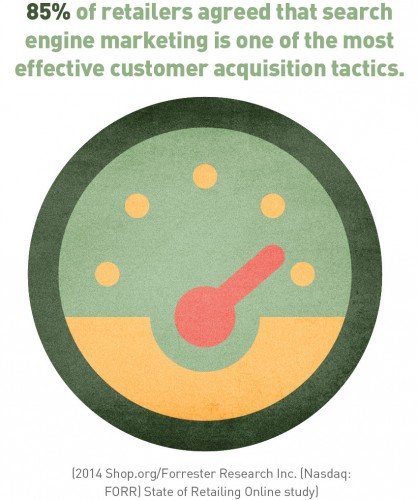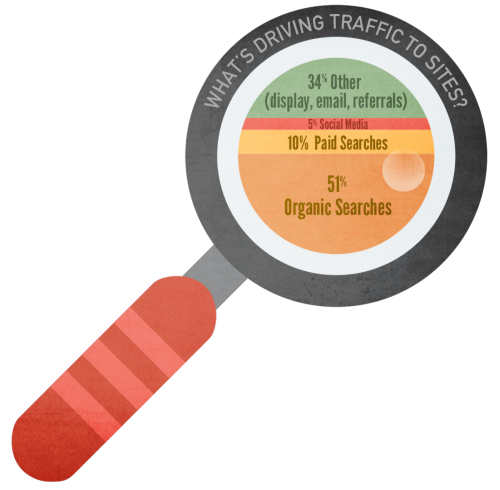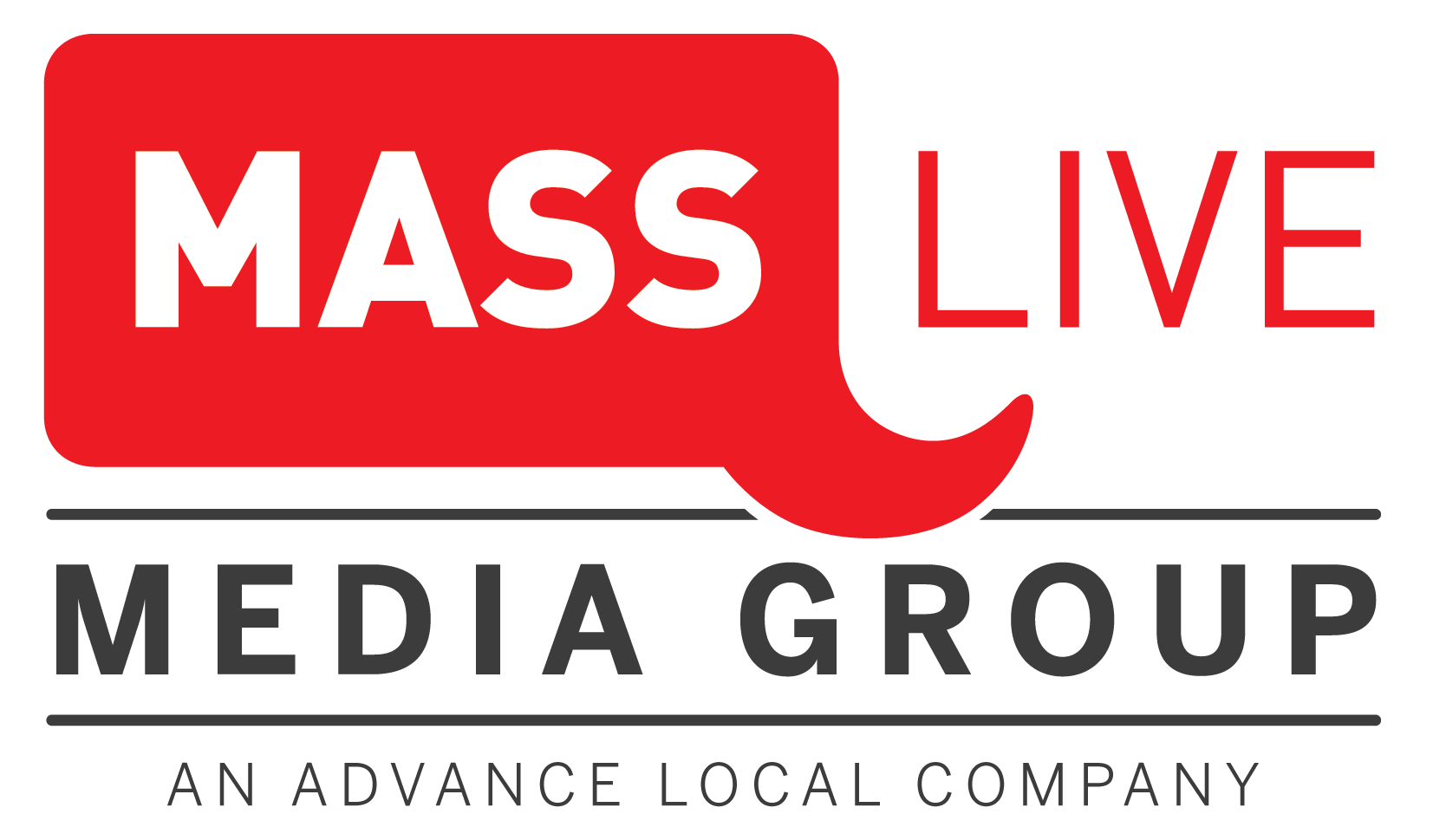SEO
Improving your website’s search engine rankings helps customers find you.
Internet searches are the front doors for businesses.
But if you want your website to show up in those searches, you’ll have to put in a little work. That’s where Search Engine Optimization (SEO) comes in. SEO is the process of adapting your website to improve its ranking in the results for specific search terms.
A good SEO campaign hits the right audience with the right message in a very user-friendly way. Even better, you don’t have to pay to place that message, as you do with search advertising.

THE FUNDAMENTALS
OF HIGH RANKINGS
To understand SEO, you first need to understand how search engines work. Search engines like Google and Bing use complex, proprietary algorithms to determine which websites are most relevant to the words that users type into the search box. While there are many components to these algorithms, three of the most important are keywords, content, and links.
KEYWORDS
To show up in a search result, your website must contain the words that users are looking for. These are called keywords, and optimization involves targeting the most effective keywords for your business.
Start by studying which keywords people most often use to find your business. These typically coincide with a product or service you offer—such as “HVAC installation” or “yoga”—along with a descriptor like a geographic location.
Google Analytics is a free tool that shows which search terms currently bring the most visitors to your page. Then, look for other keywords that might be relevant to your company. Use a free keyword research tool such as the Keyword Combination Tool from Internet Marketing Ninjas.
Content
Search engines also consider the context of keywords to determine a page’s relevance, so it’s essential to incorporate your keywords into content that provides value to your customers. Provide good, detailed descriptions of all the products and services you offer. And consider writing how-to articles, Q&As with company experts, industry glossaries, and other content that helps you put keywords into context.
Make sure to update this content on a regular basis, because search engines give higher rankings to sites that routinely add fresh content. Maintaining a company blog is a great way to keep your site up-to-date.
Links
High-quality content can also generate links from other sites. These are important for SEO because search engines consider links an endorsement of your site’s value. However, quality matters more than quantity: 50 links from respected, high-ranking sites will make you more attractive to search engine algorithms than 500 links from low-quality sites.
Other ways to build links besides writing high-quality content include sponsoring events in your community and asking your suppliers to add a link to your business from their sites.

A PROCESS, NOT AN EVENT
To test these SEO tactics, you could choose a relevant keyword, write a blog post that features this keyword, then monitor the effect on search traffic to your site. But an in-depth SEO campaign involves regular monitoring of keywords and development of new content. As the algorithms continually change, a good SEO program will allow a business to keep up with these changes—as well as with their competitors.
What’s more, you must also address your site’s architecture, including HTML tags, headers and the like. SEO consultants can assist with that process.
However, those tasks are based on the same principles: Understanding how people are searching for products and services, then positioning your site with the right words and content to deliver something useful to them. Because in the end, the value you provide search visitors is the key to turning traffic into satisfied customers.
INDUSTRY INSIGHTS
Blog Posts
6 Things to Consider when Selecting a Digital Marketing Partner
All
You are the owner of a B2C or B2B company or are a key marketing decision maker. You receive countless daily, weekly or monthly attempts...
Recruiting Employees has Changed
All
With 53% of business leaders saying their greatest challenge is recruitment and retention of top-performing managers, great staff is a clear priority. But any recruiter…
How AI Writing Tools Fall Short
All
Balancing Use of AI Writing Tools Whether we realize it or not, artificial intelligence (AI) has changed our lives in many ways. Thanks to this...



 Ad Choices
Ad Choices